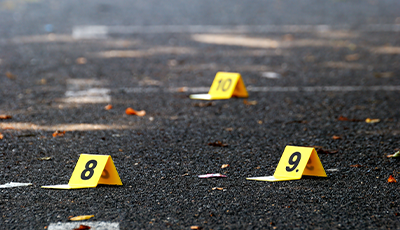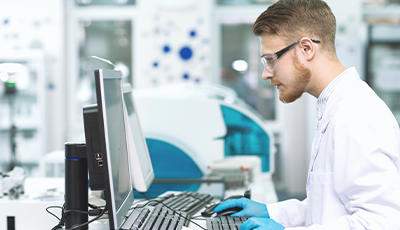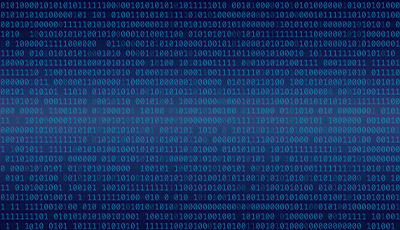Services
What can Cybergenetics do for you?
Find identification information in complex DNA mixtures
Your DNA comes back "inconclusive." The lab report says "too little material" or "too many contributors" or "too complex to interpret" – just too, too bad. Is your case kaput?
Cybergenetics computers reach into your lab’s DNA data, and pull out the information that’s really there. Our patented TrueAllele® technology overcomes the limitations of human review. Fully-Bayesian artificial intelligence gets reliable DNA match results when people can’t.
Police collect crime scene evidence items. Then your laboratory extracts, amplifies, and detects DNA. Their genetic-analyzer machine stores DNA output signals in a data file. That electronic data is the starting point for interpreting DNA evidence.
But what if the item is a mixture of two, three, six, or ten people? (Most DNA evidence is a mix of people.) Then limited human analysis simplifies data to simplify interpretation – and often fails to get an answer.
With complex DNA evidence, simplistic data interpretation can’t give a valid match statistic. Failing to interpret, the lab gives up and calls DNA “inconclusive.”
Probabilistic Genotyping
Twenty years ago, Pittsburgh-based Cybergenetics pioneered "probabilistic genotyping." Instead of making unscientific all-or-none choices, TrueAllele® computing puts a probability to every genetic possibility. Explaining the data, not simplifying it, gives accurate, unbiased answers.
TrueAllele® “unmixes” DNA mixture data. It separates out contributors, finding their genotypes. The computer compares genotypes to give the DNA match statistics (aka “likelihood ratios”) needed to move a case forward.
Send us your lab’s “inconclusive” DNA data files. Our free TrueAllele® screening will quickly let you Know the Answer®. Who left their DNA on each evidence item? And who didn’t? Is there DNA from an unknown person? Did your guy do it?






